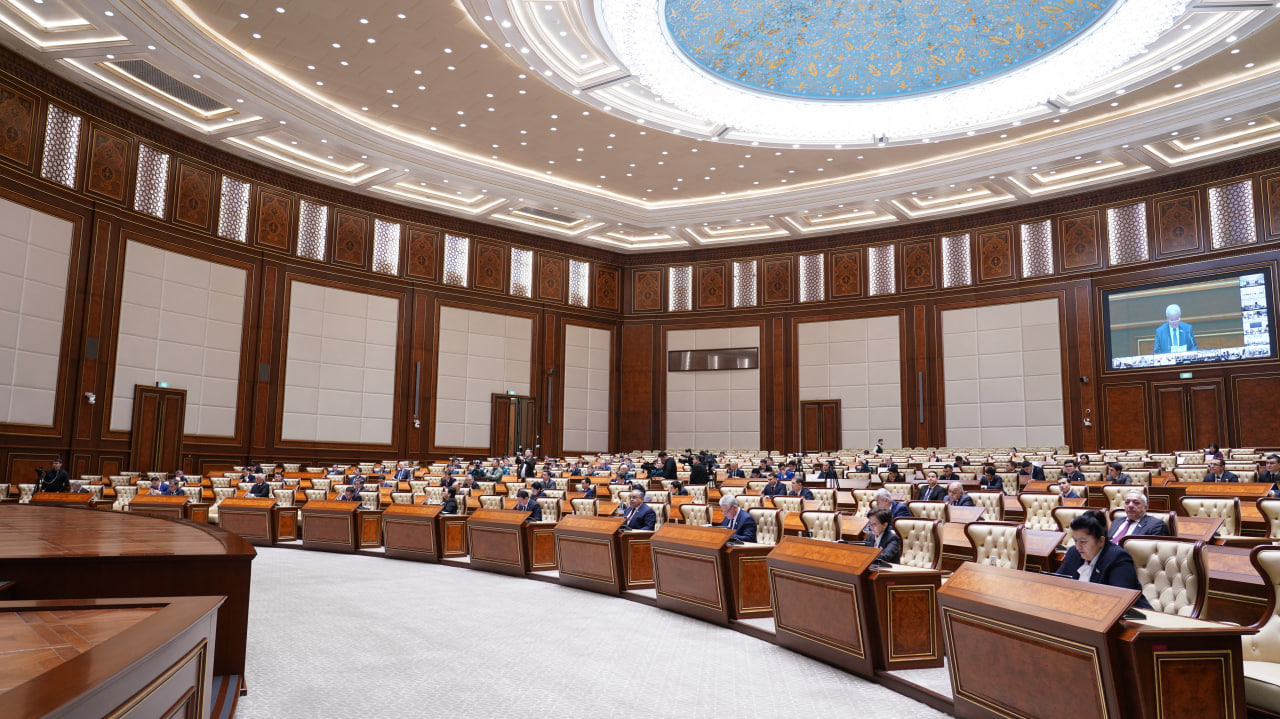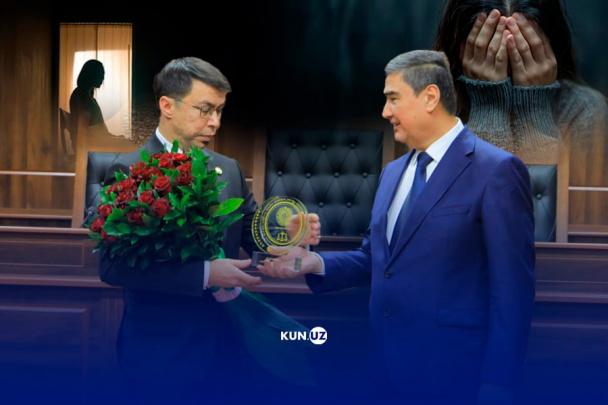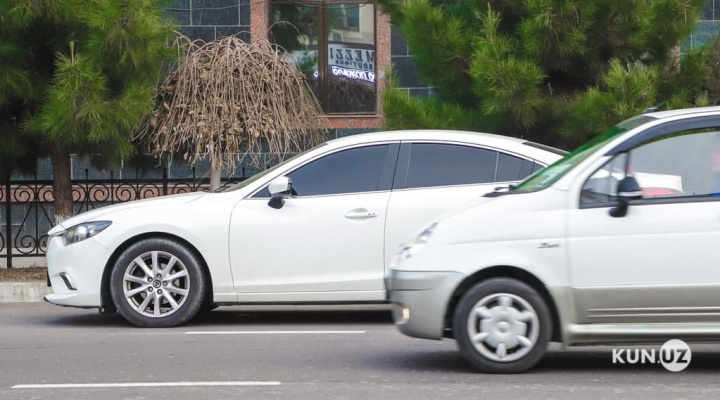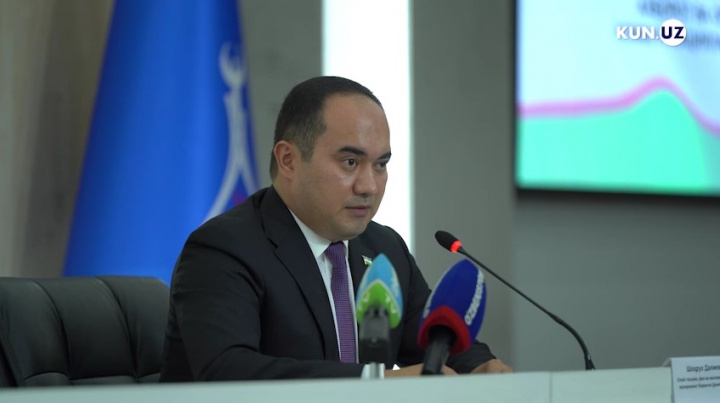Senate approves law introducing liability for disseminating altered videos of law enforcement officers with the aim of discrediting them
The law approved by the Senate retains citizens’ rights to photograph and film law enforcement officers and distribute such images. However, it prohibits the alteration or dissemination of such images in a manner that discredits the officers by distorting their actions, words, or the context of the situation. Violations of this provision will lead to administrative liability.

At a Senate plenary session, lawmakers reviewed a law introducing amendments and additions to the Criminal Code, Criminal Procedure Code, and the Administrative Liability Code of Uzbekistan. These changes aim to enhance road traffic safety systems, according to the Senate’s press service.
The law includes new provisions designed to prevent negative consequences resulting from non-compliance with traffic regulations.
Key highlights:
- Criminal liability for repeat offenses: Amendments to the Criminal Code establish criminal liability for repeatedly driving a vehicle under the influence of alcohol. Statistics reveal:
- 40,542 violations in 2021,
- 47,365 in 2022,
- 41,866 in 2023, and
- 31,436 in 2024.
In 2024 alone, nearly 8,000 drivers who had already faced administrative penalties for drunk driving were caught reoffending.
- Traffic accidents linked to drunk driving: From 2020 to 2024, approximately 600 traffic accidents caused by drunk driving were recorded, resulting in 322 fatalities during this period.
- Additional criminal offenses: The amendments also introduce criminal liability for:
- Violating procedures for training, retraining, or testing drivers and issuing driver’s licenses.
- Driving by individuals deprived of their licenses.
- Breaching safety rules when operating vehicles powered by compressed natural gas, liquefied petroleum gas, or mixed gas and diesel fuels.
- Addressing aggressive driving: New provisions in the Administrative Liability Code penalize reckless behaviors such as aggressive driving, “drifting,” weaving through traffic (“chess driving”), and creating obstacles on the road.
- Penalty points system: The law establishes administrative penalties for exceeding a specific threshold of penalty points accumulated from traffic violations. If a driver surpasses the threshold, they may lose their driving privileges for a minimum of six months.
Clarifications on citizens’ rights:
- The new Article 195-2 of the Administrative Liability Code has been revised to ensure citizens retain the right to photograph and film law enforcement officers. Unlike earlier drafts, this version does not impose liability merely for posting factual footage on social media. However, altering or distributing images of officers to distort their actions, words, or the situation in a way that discredits them, including online, is prohibited.
The sanctions under this article have also been revised. Fines range from 20 to 50 times the base calculation amount (BCA), instead of a fixed 50 BCAs. The maximum administrative detention period has been reduced from 15 days to 10 days.
The Senate approved the law, following a detailed review of earlier objections and suggestions from lawmakers.
Recommended
List of streets and intersections being repaired in Tashkent published
SOCIETY | 19:12 / 16.05.2024
Uzbekistan's flag flies high on Oceania's tallest volcano
SOCIETY | 17:54 / 15.05.2024
New tariffs to be introduced in Tashkent public transport
SOCIETY | 14:55 / 05.05.2023
Onix and Tracker cars withdrawn from sale
BUSINESS | 10:20 / 05.05.2023
Latest news
-
Uzbekistan’s population reaches 37.7 million: Men slightly outnumber women
POLITICS | 14:06 / 05.04.2025
-
EU commits to long-term cooperation with Central Asia on transport, energy, and innovation
POLITICS | 14:03 / 05.04.2025
-
Investigation closed: Authorities deny torture after man taken for interrogation dies in custody
SOCIETY | 13:10 / 05.04.2025
-
Greenery disappears as road expands: Tree uprooting in Boysun sparks public outcry
SOCIETY | 13:08 / 05.04.2025
Related News

15:57 / 04.04.2025
Justice Ministry introduces stricter controls on digital money transfers, making sender details mandatory

18:53 / 02.04.2025
Namangan regional court judge releases repeat offender convicted of running a brothel

13:41 / 29.03.2025
New law proposes lower penalties for vehicle tinting violations

14:38 / 28.03.2025



